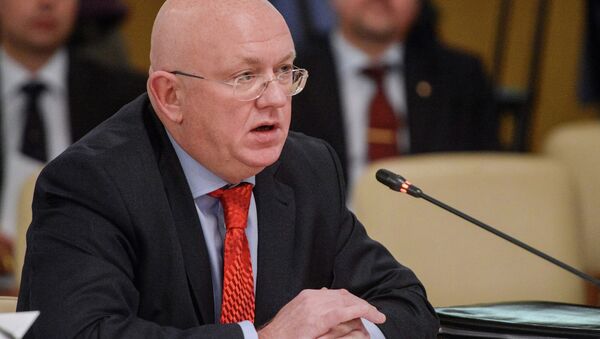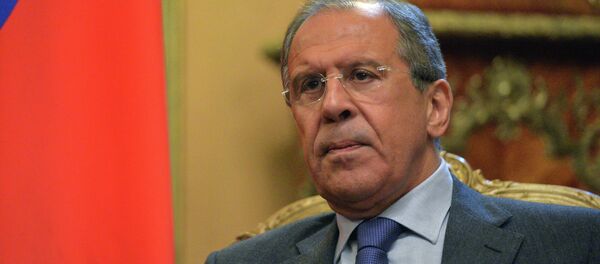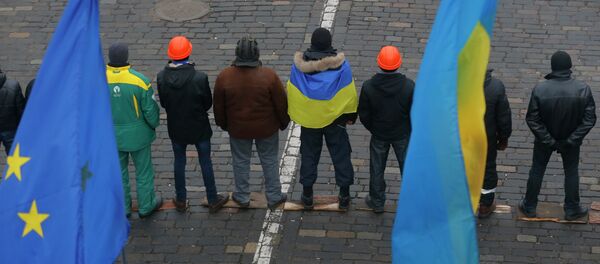“We believe that we should get together for another round of talks at the ministerial level, to start the work of an expert group to find answers to our concerns, which we have voiced in contacts with both Brussels and Kiev,” Nebenzya said.
Nebenzya stressed that Russia has presented a list of concerns to the European Union but has not received a reply.
The Ukraine-EU Association Agreement is a treaty that presupposes political and economic association between the parties. The political provisions of the agreement were signed in March, after an interim government came to power in Ukraine. Ukrainian President Petro Poroshenko signed the economic part of the agreement in June.
Moscow has repeatedly stated that the implementation of the agreement carries economic risks for Russia and Ukraine, and could trigger an uncontrolled flow of duty-free goods from Europe, forcing Russia to take measures to protect its market. Russian officials have warned Kiev that going ahead with the agreement might result in Ukraine losing the CIS market. European leaders have stated that the European Union’s trade agreements with former Soviet countries are not directed against Russia.
In September, Russia, Ukraine and the European Union agreed to postpone the entry of the Association Agreement into force until January 1, 2016.
Earlier in December, the head of the economic section of the of the Russian Embassy in the United States, Mikhail Kalugin, told Sputnik that the issue of Ukraine's economic integration could be solved through the creation of a bigger free trade zone that would comprise both the Eurasian Economic Union and the European Union.



